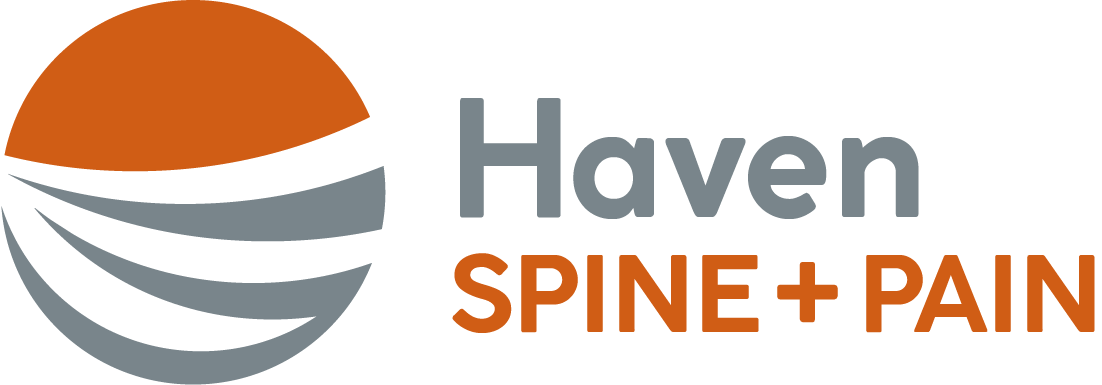Most of us experience some sort of pain in our lifetime, but there is a clear difference between acute pain (the kind of pain you have from an injury, accident, or event such as surgery) and chronic pain. Chronic pain is defined as pain lasting for 3 months or longer and some 50 million Americans suffer from it.
Imagine waking up to the kind of pain that prevents you from doing your job, caring for your family, or even yourself. Day after day, that pain makes it impossible for you find a comfortable position, let alone enjoy a full night’s sleep.
Historically chronic pain has been treated with opioids (Norco, oxycodone, codeine, etc.), injections or surgery. Injections and surgery are used depending on the location and source of the pain with varying results. Not all types of chronic pain benefit from these types of treatment.
The chronic use of opioids has certainly been a contributing factor to the opioid epidemic experienced over the last 10 years. However, when experiencing debilitating pain, what are you supposed to do to get relief?
Current research has shown that chronic pain patients are able to live a more functional lifestyle when their pain is treated with a variety of techniques. Treatment with injections, surgery and even opioids can be part of the plan but there are many other treatments (such as acupuncture, medical massage, physical therapy, yoga, nutrition, and stress reduction) that can be utilized in combination with traditional treatments to achieve more substantial pain relief. The bottom line is there is not one magic treatment that is likely correct a problem as complex as chronic pain.
One factor that has direct correlation to improvement in symptoms is the person themself. People who are actively engaged in understanding their pain and make important lifestyle changes to support their treatment plan have better outcomes. A better outcome does not always mean pain free, but it does mean being able to return to the activities that make your life worth living. At Haven Spine + Pain, we work with our patients to develop an individualized plan of care that includes complementary therapies. We listen to understand your goals and help you identify ways you can contribute to your care plan. In the upcoming months we will share some practical advice on what you can do to improve your current pain management plan and return to a more active lifestyle.


Recent Comments